Research
Looking for the latest information and developments in disability, accessibility and recovery in Aoteaora New Zealand? Find the most active and reliable resources in the country here.
On this page

Our knowledge of the impacts and challenges of disability and impairment is always growing. There are plenty of people across Aotearoa New Zealand and around the world seeking greater understanding so we can make better decisions.
If you’d like to take a look at the latest research activity going on, explore the organisations and pages below. Many universities or institutions require research projects as part of achieving a qualification. This gives us a great opportunity to understand a whole range of views and experiences.
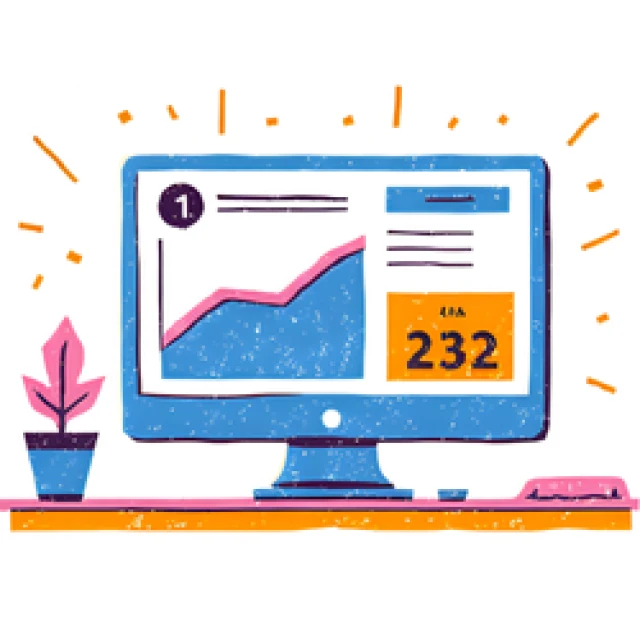
About engaging with research
Each researcher and project has a unique lens and objective. When you’re reading, it’s a good idea to understand what motivated the research. This will help you put context to what you’re reading.
For instance, if it’s sponsored by a specific organisation, they are likely to have an influence (sometimes really small but other times more impactful) on the findings. That could be as simple as guiding where the researcher spends the most of their time, or it could be on how they select research participants.
Quantitative and Qualitative

Quantitative means that the study is focused on gathering data from a large number of people or instances. It uses the numbers and trends to deliver information and make a conclusion. It’s often based on numbers and statistics and it’s very structured.
Qualitative means that the study is focused on experiences and meanings. Qualitative studies are often undertaken on smaller groups, but they go far deeper into understanding the many different meanings.
Some research uses both methods to go broadly and deeply into information.
Take a look at the “n” value.
For example, N=150 means they collected data from a sample size of 150 people or observations. The bigger the sample size, the more the findings are likely to be accurate. This is because they have been replicated many times to give the researcher the data which informed their conclusion. Some studies are so specific it’s hard to find a large sample.
Research organisations
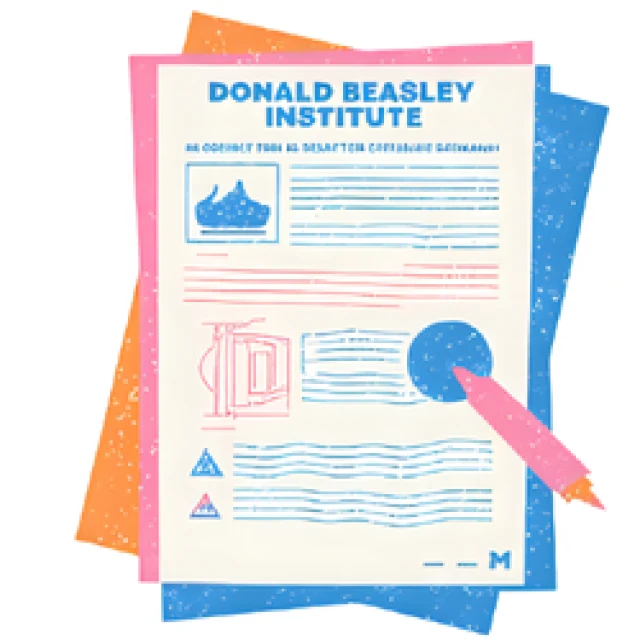
The Donald Beasley Institute
The Donald Beasley Institute is a national group based in Dunedin that does disability research and helps people learn more about it. They’re independent and focused on doing good work across New Zealand. They take on their own research projects through funding and are also paid by organisations like Special Olympics New Zealand and CCS Disability to do research on their behalf.
Their areas of research focus include Deinstitutionalisation, Quality of Life for our disability community, disability health, parenting, families, education, community participation, access to justice, living out of home and independent living, abuse, and employment.
As an internationally recognised leader in disability research, this institute has also leant their skills to helping other researchers engage more effectively with our disability community.
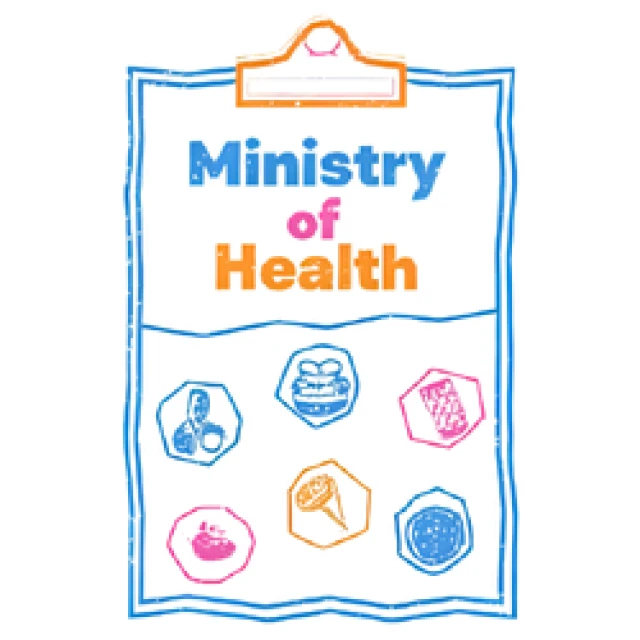
Check out their research on supporting good ethical disability research.
Ministry of Health
Our ministry that sets health policies in New Zealand uses research to understand what policies are doing well for health outcomes, and where changes need to happen.
Take a look at Ministry of Health Disability Research
Stats New Zealand
After the census, StatsNZ run a household disability survey to understand key functionality challenges. They also look into how our disability community are supported and which needs are being met or not.
Take a look at StatsNZ research
All is for All
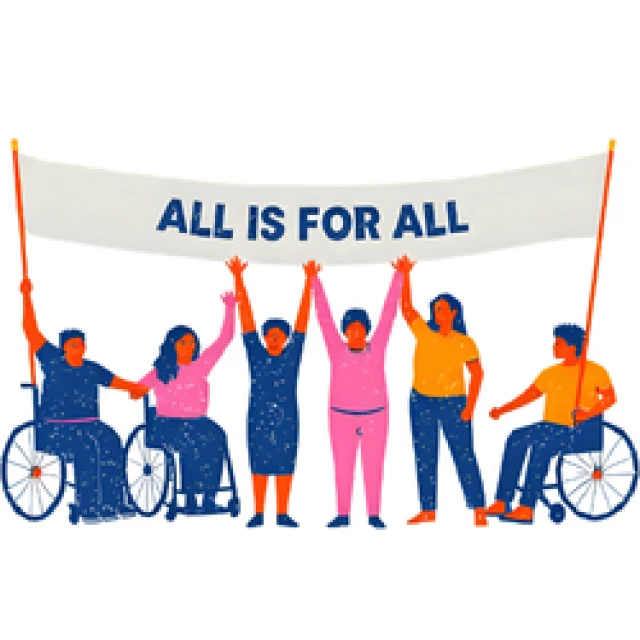
This New Zealand based company has a focus on challenging the way people see disabled people. They take on research projects which explore and support this outcome. This includes exploring disability in the construction workforce, bringing inclusive thinking into fashion and health leadership.
Take a look at their recent work
Enable New Zealand
Enable NZ is New Zealand’s largest assistive technology, modifications and advice services provider. As providers for both Disability Support Services (under Ministry of Social Development), ACC and Health New Zealand, their Clinical Services Advisory team consistently deliver best practice webinars. They also provide research analysis and system updates for New Zealand’s occupational therapists and other clinical professionals.
Discover best practice resources for health professionals in disability and recovery support.
Understanding Disability and Assistive Equipment in Aotearoa New Zealand
Enable NZ took it’s fifty years experience and anonymised data and combined it with Stats New Zealand population data to get a better understanding of our disabled and injured population in New Zealand. The report looks into trends and similar experiences across the last decade or more to look into correlation and causation of other factors impacting our community.
AccessAble
Providing information and advice to Ministry and ACC assessors in the Auckland region, the AccessAble site also contains a number of webinars to support occupational therapists and other clinical professionals.
Watch recorded webinars on disability and recovery clinical best practice
University Research
University of Waikato
With a masters programme in disability and inclusion studies, the University of Waikato has published over a thousand papers with a focus on disability research. These are wide ranging, covering sports and recreation experience, abelism, communicating through pictures with our intellectually disabled community and much more.
Check out all their disability research
Otago University Critical Disability Studies Network
This network was set up to study inequity with a focus on discovering new possibilities to improve outcomes for our disability community. Their focus is on informing and changing thinking in New Zealand’s systems.
Read more on the Otago University work
AUT Person-Centred Rehabilitation Research Centre
Auckland University of Technology has established a research centre with a unique person-centred approach. They’ve undertaken research in rehabilitation, managing Chronic Health conditions, reframing Child disability and more around the theme of enablers for living a good life.
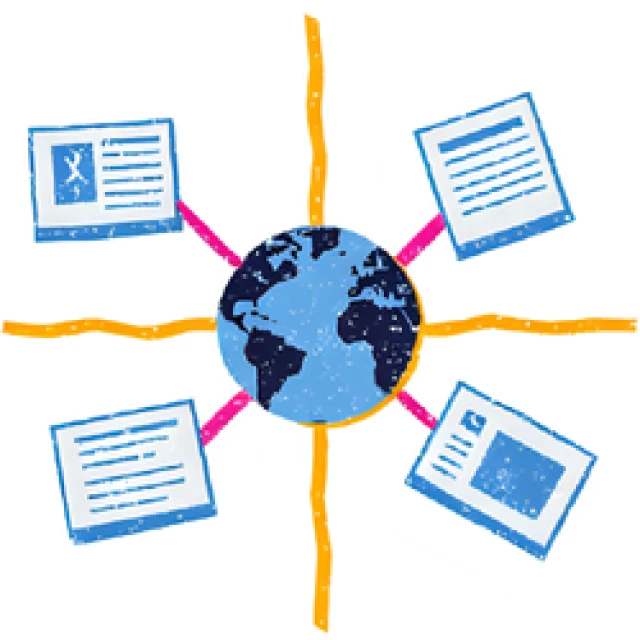
International research
With a larger international population and wider funding inputs, starting to look at international journals and studies could be helpful.
Disability and Society
This is an international journal focused on disability human rights, discrimination, policy and practices. It respects the fact that our understanding and environment is constantly changing. What’s true today may not be our experience tomorrow.
Check out this partially open access journal
The Conversation
This is a research journal which uses a journalist writing style. This can make it easier and more engaging for readers to connect with than traditional research papers. Many New Zealand universities publish pieces in The Conversation but you can also find international articles there.
Take a look at disability research and join the conversation.
Discover more about the latest for our disability community in our news section.